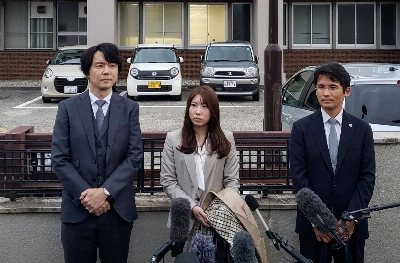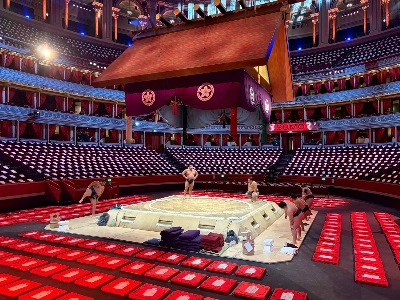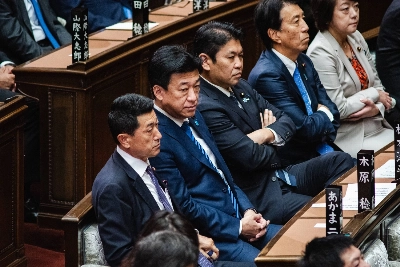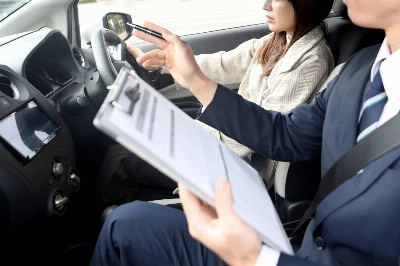Russian President Vladimir Putin has vowed to "find and punish" those responsible for using a homemade bomb to bring down a Russian airliner over Egypt in October, killing 224 people. The timing of his announcement, just days after terrorists used suicide bombs and Kalashnikovs to kill 129 people in Paris, is no coincidence. Putin sees an opening to the West, and he wants to take advantage of it. The West should not shut him out.
For weeks, the Russian government seemed to be dithering over the proper response to the plane crash, as if it were worried that the loss of life would be blamed on its decision to intervene in Syria's civil war. The bloodshed in France, however, has changed the calculus completely, pointing toward the possibility of a rapprochement between Russia and the West. By striking Paris, the Islamic State has turned the Syrian war into a global conflict. And, as Putin's performance at the Group of 20 summit in Turkey showed, Russia is firmly in the middle of the fight.
It must be noted that an adversarial relationship with the West was not part of Putin's original plan. "Russia is part of European culture," Putin told the BBC in 2000, shortly before his election as president. "I cannot imagine my own country in isolation from Europe and what we often call the civilized world. It is hard for me to visualize NATO as an enemy."


















With your current subscription plan you can comment on stories. However, before writing your first comment, please create a display name in the Profile section of your subscriber account page.